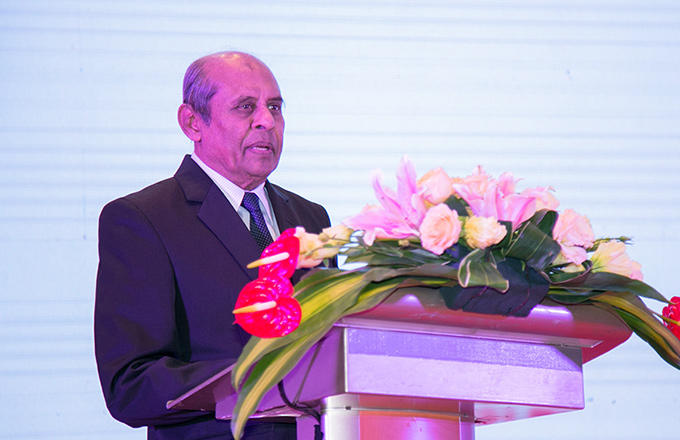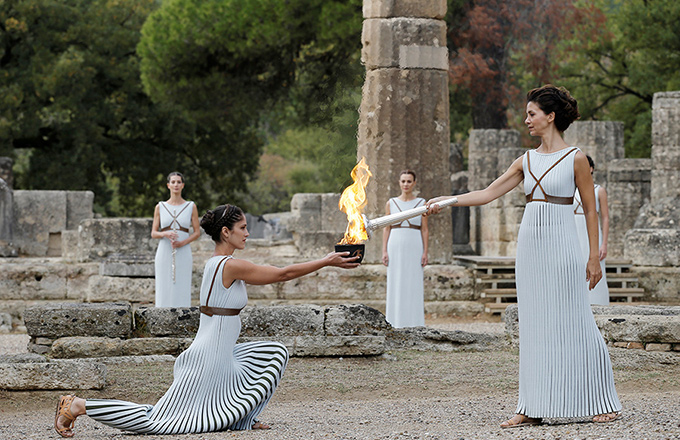New York's law on dancing faces last waltz
NEW YORK - Dancing is technically illegal in thousands of bars, clubs and restaurants in the city that never sleeps, but New York campaigners are finally in sight of getting the law overturned.
The "cabaret law," passed in 1926, requires public spaces that sell food and drink to acquire near impossible-to-obtain permits to authorize dancing indoors.
Those without the permit can be fined. Repeat infractions risk bar owners losing their license to sell alcohol, which could in turn lead to bankruptcy.
Yet fewer than 100 of New York's more than 22,000 bars, restaurants and clubs have the elusive permit, which is granted after mountains of Kafkaesque paperwork and jumping through prohibitively expensive hoops that Brooklyn Councilman Rafael Espinal said unfairly discriminate against small business owners.
"It's just ridiculous," says the indignant 27-year-old Democrat in his basement office. He wants to repeal the law, which could be put to a vote in the New York City Council as early as December.
"Let's finally get this law off the books so that we can go after the real problem, whether it be noise, crime, unsafe conditions," he said. "Let's not go after dancing."
Espinal and pressure groups such as the Dance Liberation Network say the law has been used historically to crack down on neighborhoods with large minority populations such as African Americans, Latinos and the LGBT (lesbian, gay, bisexual and transgender) community.
Passed initially to assert control during the time of Prohibition, some historians say its true goal was the closure of Harlem jazz bars in the 1930s, '40s and '50s to stop whites and blacks mixing.
In the 1970s and '80s, it was used to close establishments frequented by the LGBT community as it fought for its rights. In the 1990s, mayor Rudy Giuliani used the law to get tough on clubs in his fight against crime.
Today, it is little used, but detractors say it is invoked as an excuse to shut down premises considered undesirable.
The campaign to scrap the cabaret law has won the support of New York Mayor Bill de Blasio, who also acquiesced to another of Espinal's demands - create a "night life mayor".
The search is now on for a liaison officer between city hall, residents and New York's multibillion-dollar night life industry, in order to support a safe night life scene that supports 300,000 jobs and attracts tourists far and wide.
Agence France-presse





















